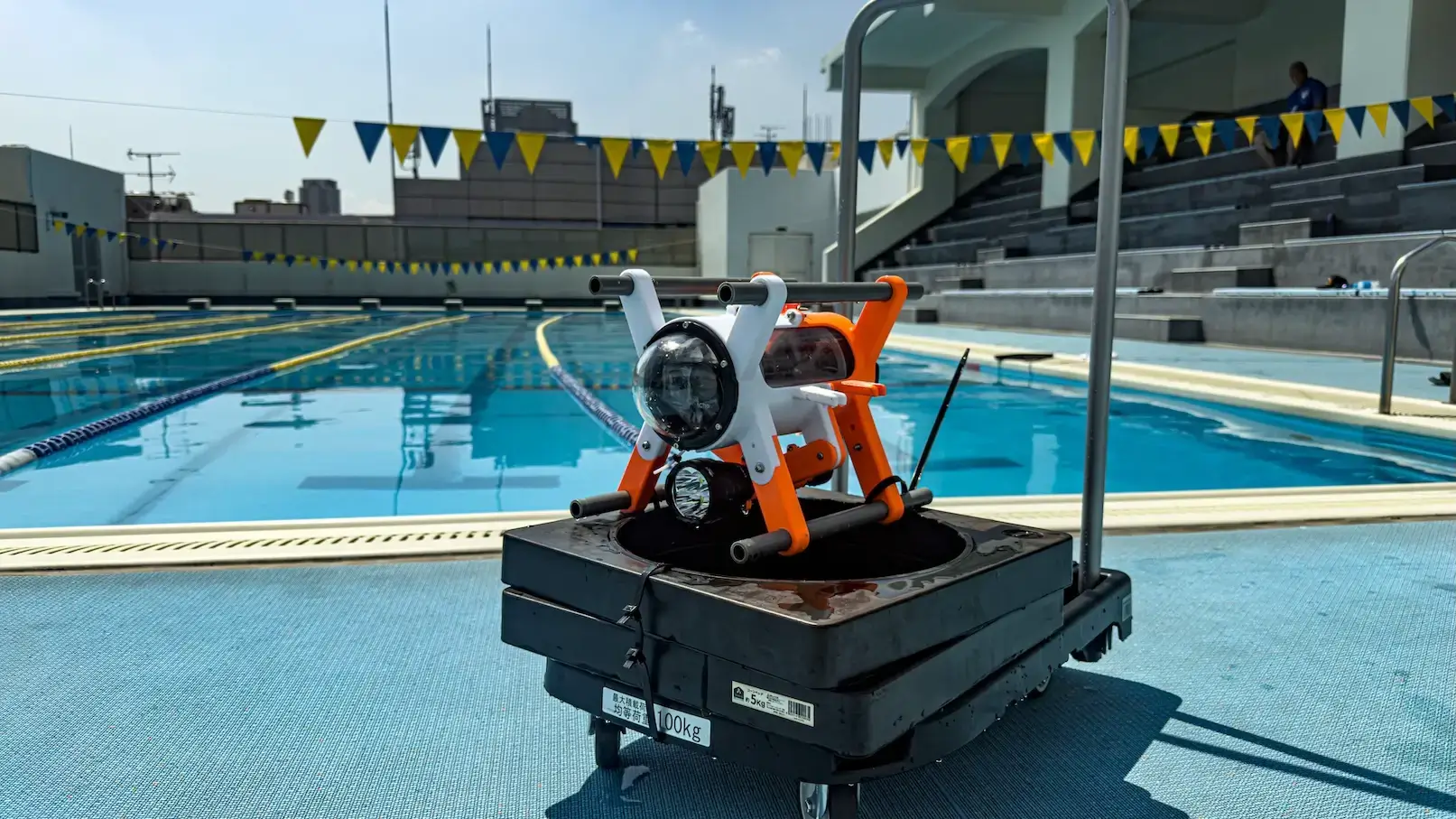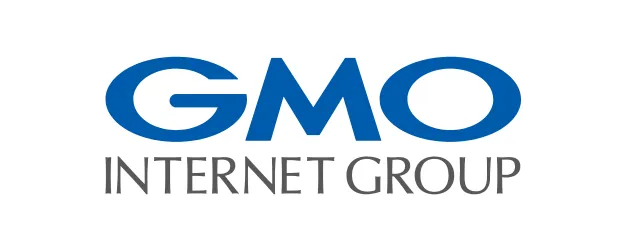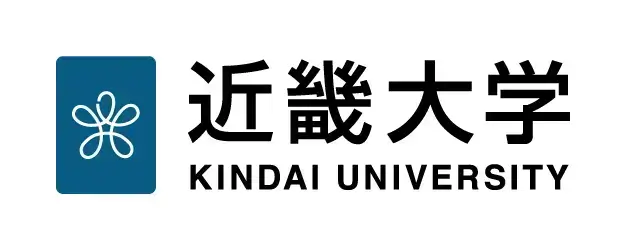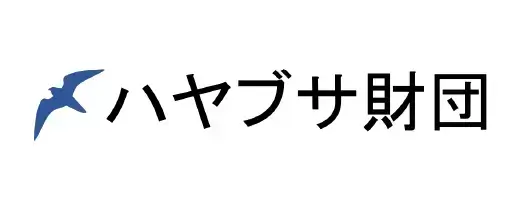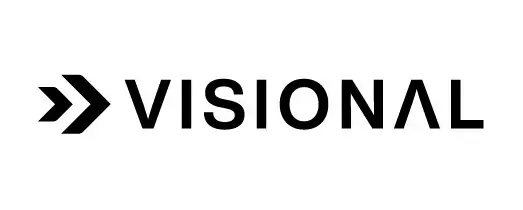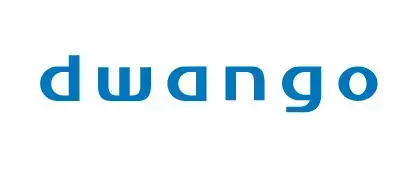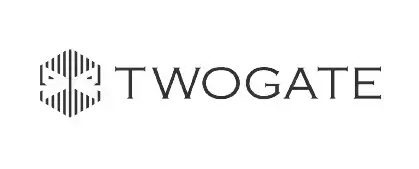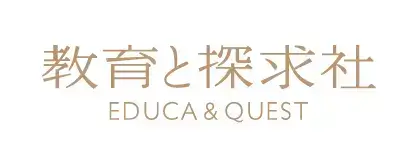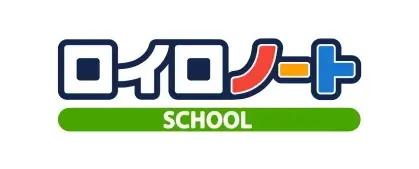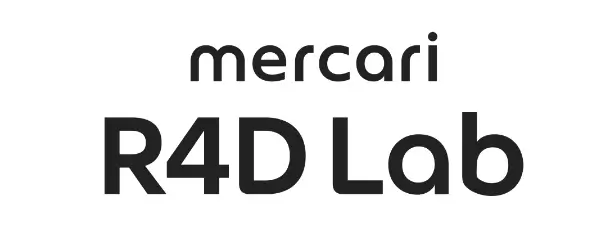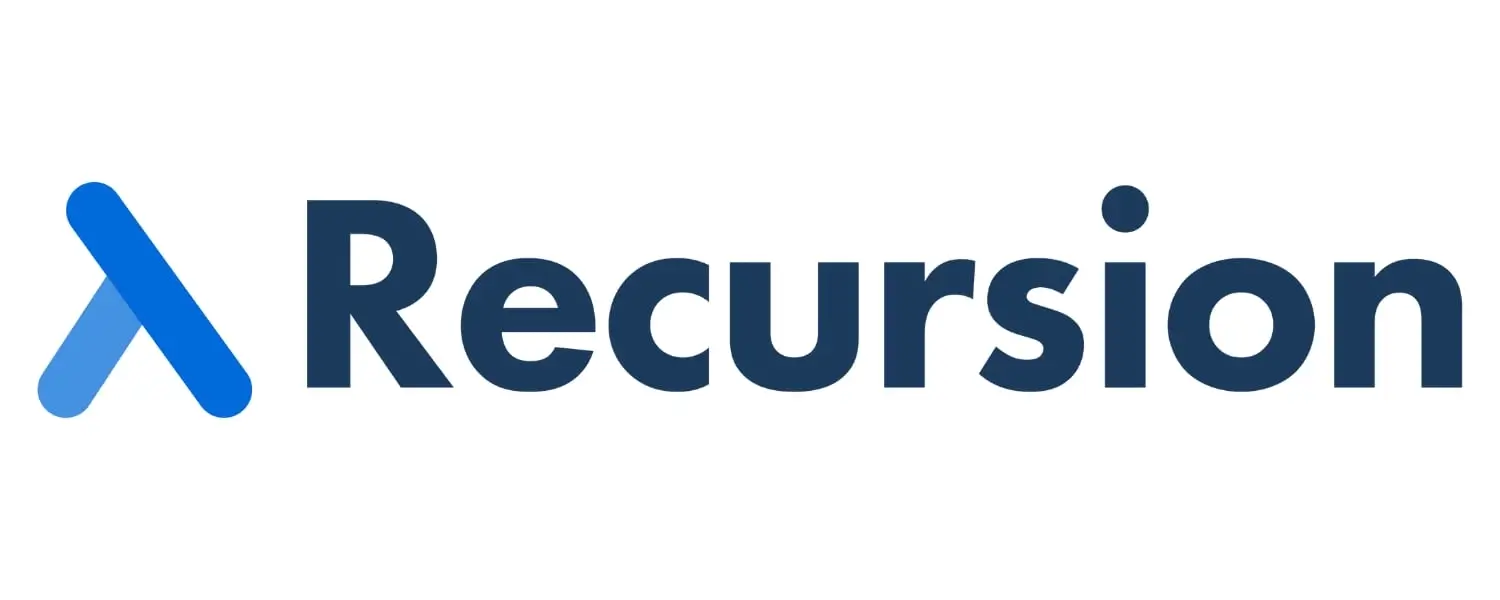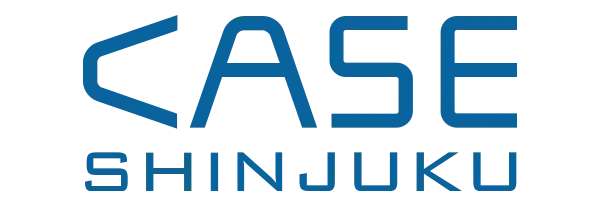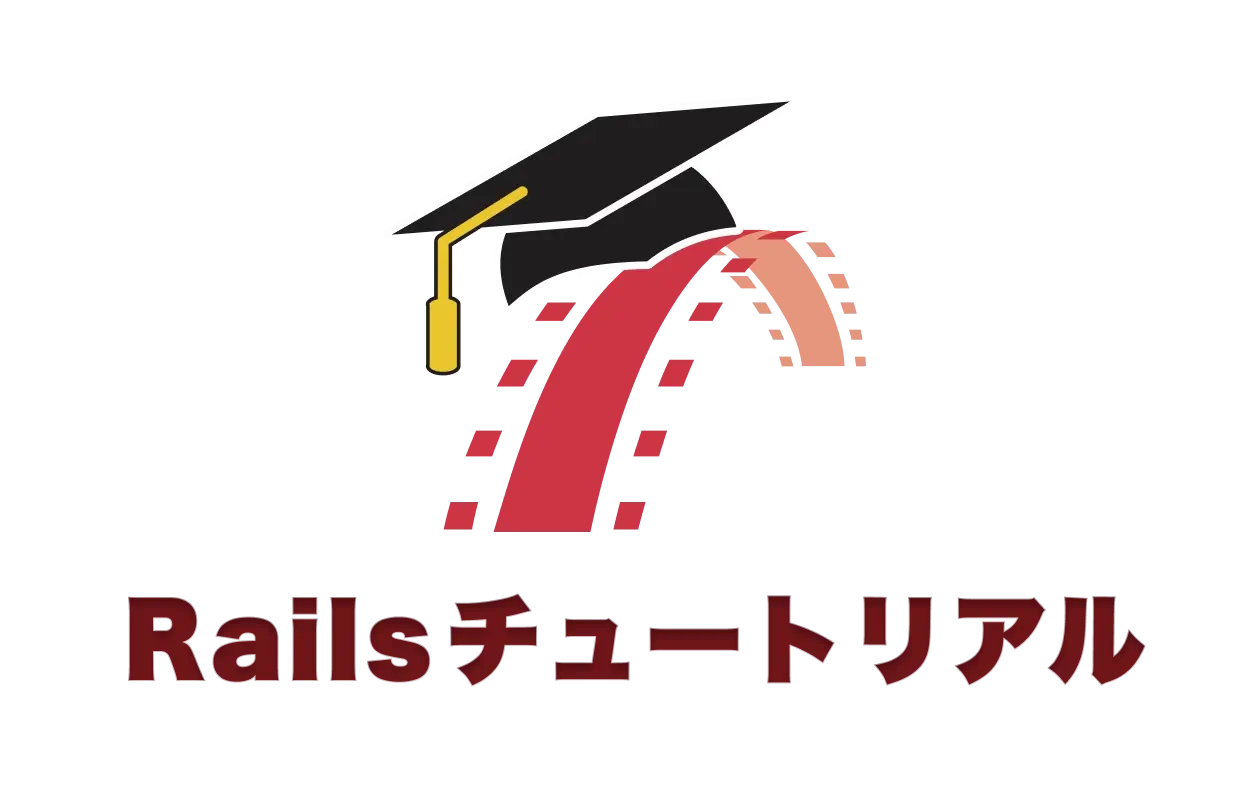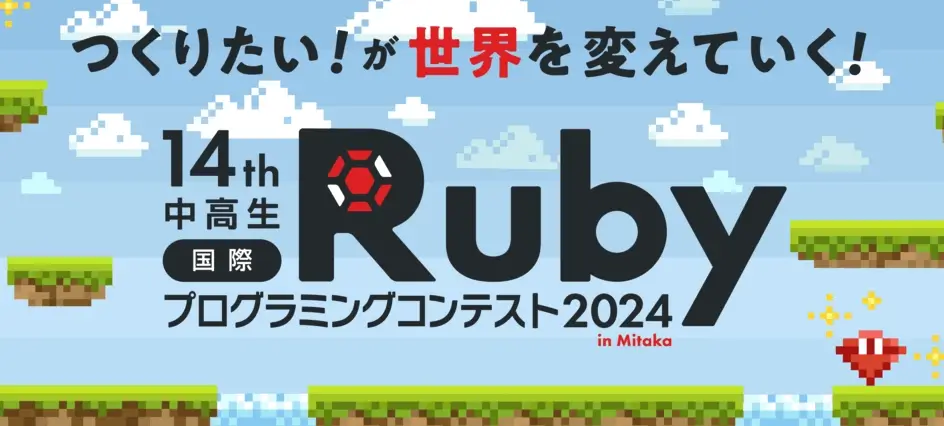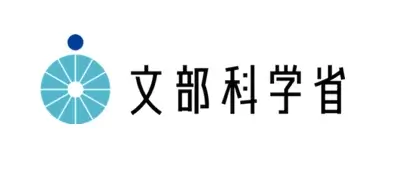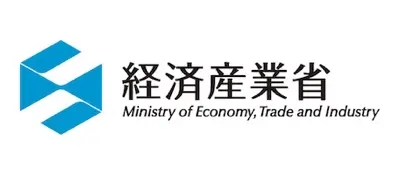What’s MITOU Junior?
MITOU Junior is a half-year-long program to enhance young innovative creators in Japan. This program, initiated by the MITOU Foundation in 2016 and originating from the government-backed MITOU Program, has received support from various companies and organizations since its inception. With that support we offer the following benefits.
Mentoring
Creators will be able to learn from mentors and other MITOU Program graduates, like professors and tech founders, who are at the forefront of technology.
Financial Support
Each group will be eligible to receive up to 500K Yen as funding for development.
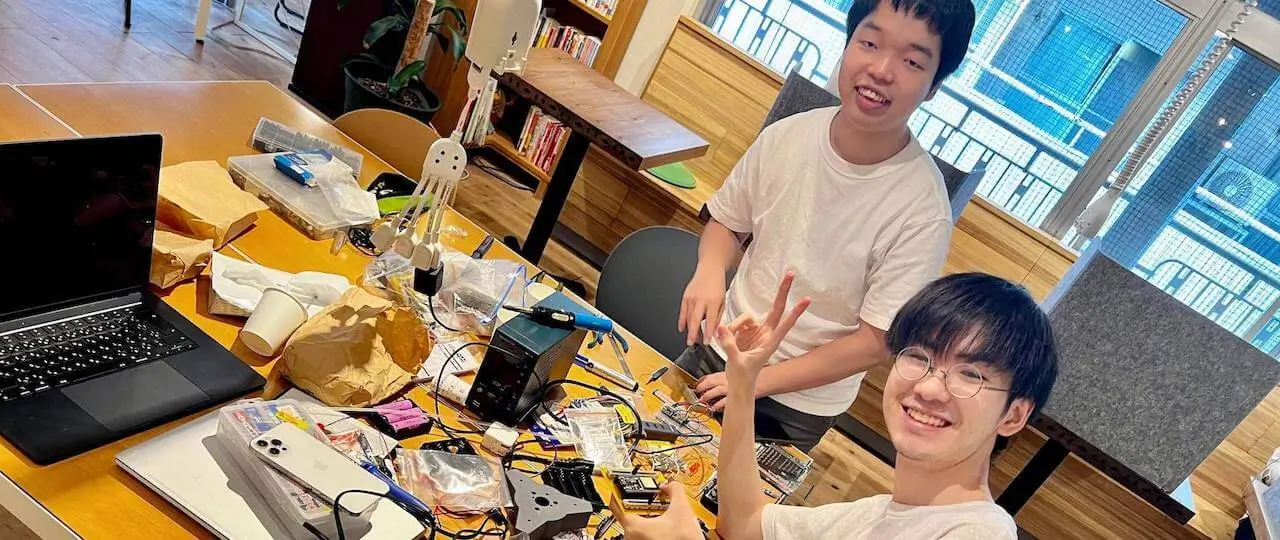
Place to develop
If necessary, places to develop will be provided. And transportation and accommodation expenses for participating in events like Maker Faire Tokyo will also be covered.
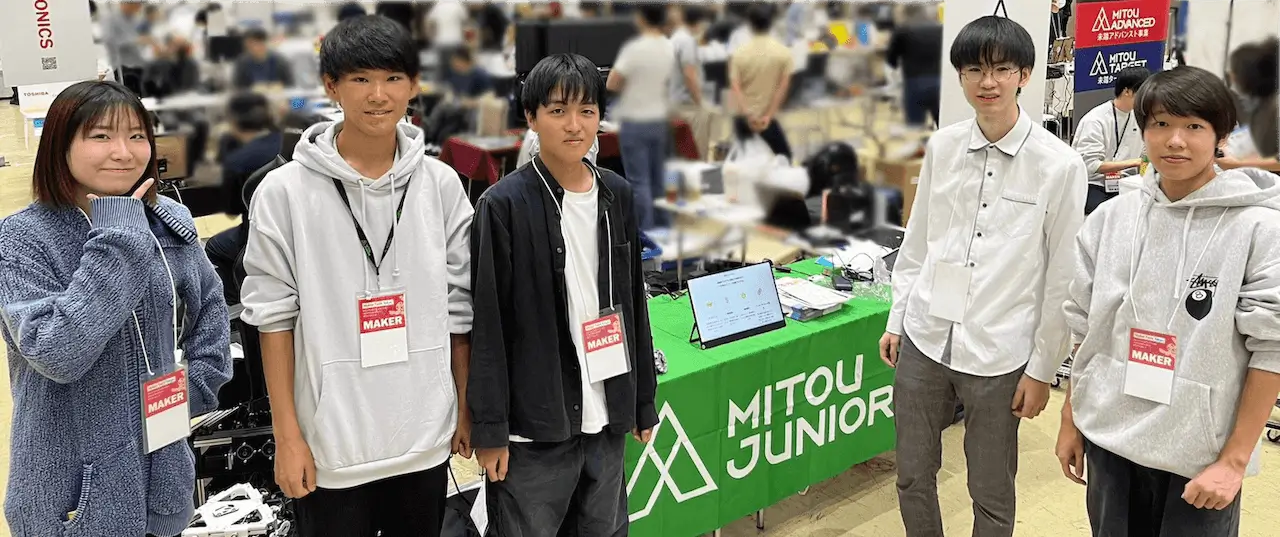
Award outstanding performance
Creators who have shown their outstanding performance during MITOU Junior program get an outstanding performance award. The award is highly recognized for Admissions Office of several universities, including Keio University SFC, Kindai University and Tokyo Metropolitan University.
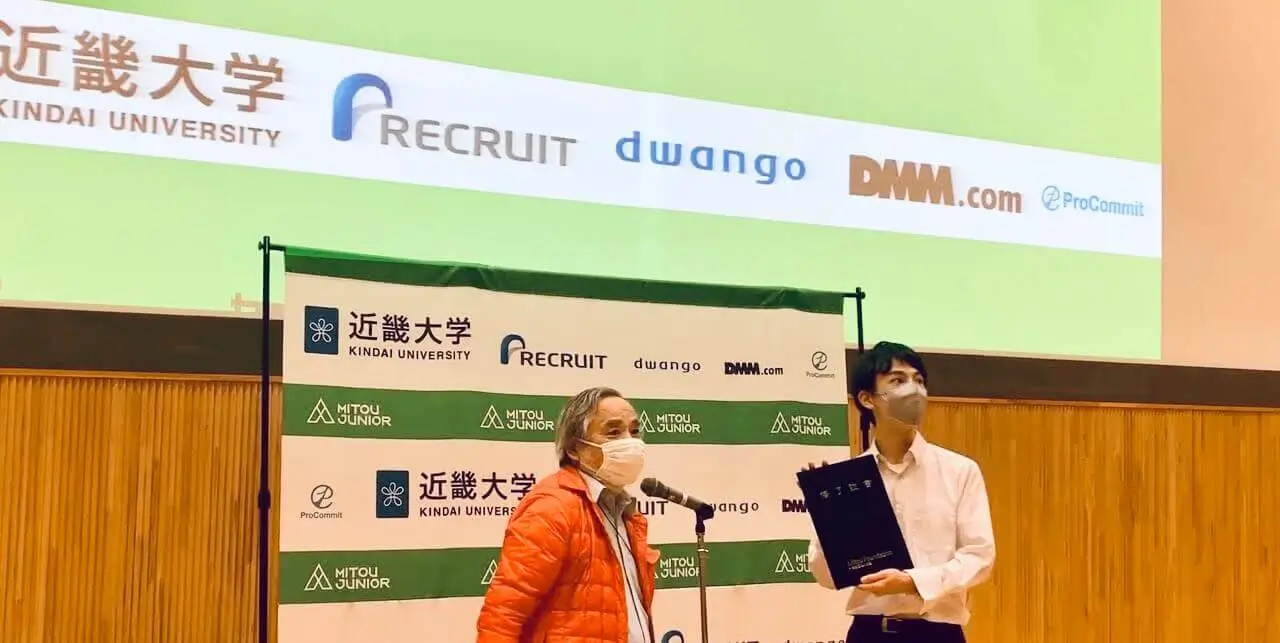
Media & Awards
Our alumni are creating new values after the program as well. Here are a few examples.
- 2025/07/19 Supporting students to study visual programming with AI: TutoriaLLM | Blockly Summit 2025 (Google Blockly) - 2025/07/19
- 2024/03/21 25th Entertainment Division U-18 Award - VR Sandbox (J-MEDIA ARTS) - 2024/03/21
- 2023/08/02 Speakers - Akari Kawaguchi (TEDxAnjo) - 2023/08/02
- 2023/01/08 INNOVATION AWARD PRODUCT - Contact Glove By Diver-X (CES 2023) - 2023/01/08
- 2020/05/21 Teen''s tracking app takes a different approach to the coronavirus challenge (CBS News) - 2020/05/21
- 2019/09/13 DetExploit - Software That Detect Vulnerable Applications (KitPloit) - 2019/09/13
- 2019/03/07 Toubans! pitch at SXSW 2019 - YouTube (SXSW EDU) - 2019/03/07
Projects Showcase
Up to now 1003 applications are submitted to our MITOU Junior program, and we support 126 projects and 154 creators. (Acceptance rate: 10-13%)
Example projects, accepted and boosted by our program, are as follows.
2025's projects
Flusca - A Game that Creates Experiences through Simulation
by Takehiro Kano (Mentor: Rhythm Sakamoto)
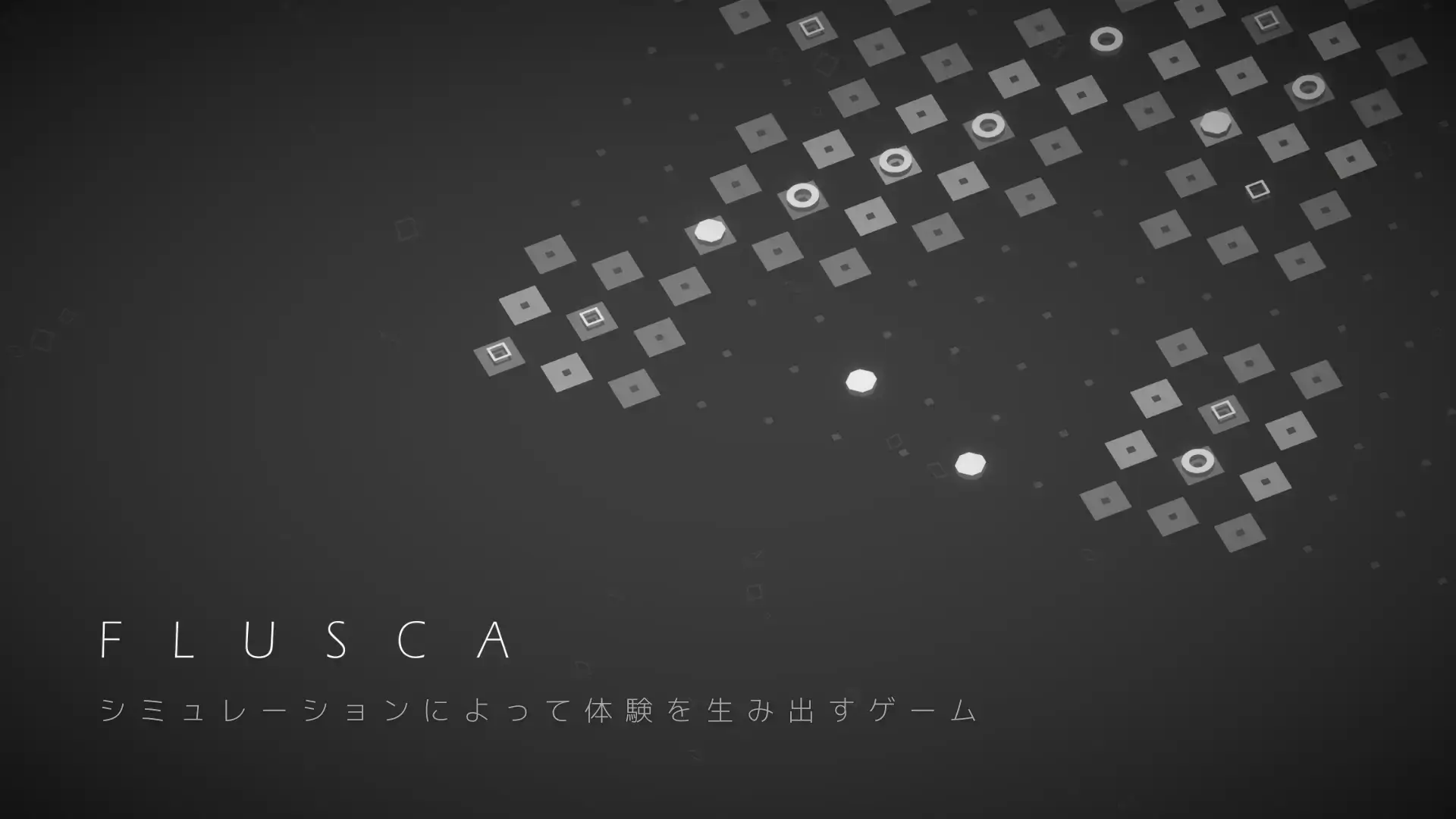
Abstract
Flusca is a game that creates a unique play experience for each player through a continuously evolving autonomous simulation. There is no predetermined storyline; instead, the interaction between your actions and the autonomous behavior of the characters gives rise to a story that takes shape in your mind through subjective interpretation. Take your time to observe, and at times, engage directly. What is happening beyond the screen right now?
View detailsFudey - Sensory Calligraphy
by Mio Mitamura (Mentor: Masato Bito)
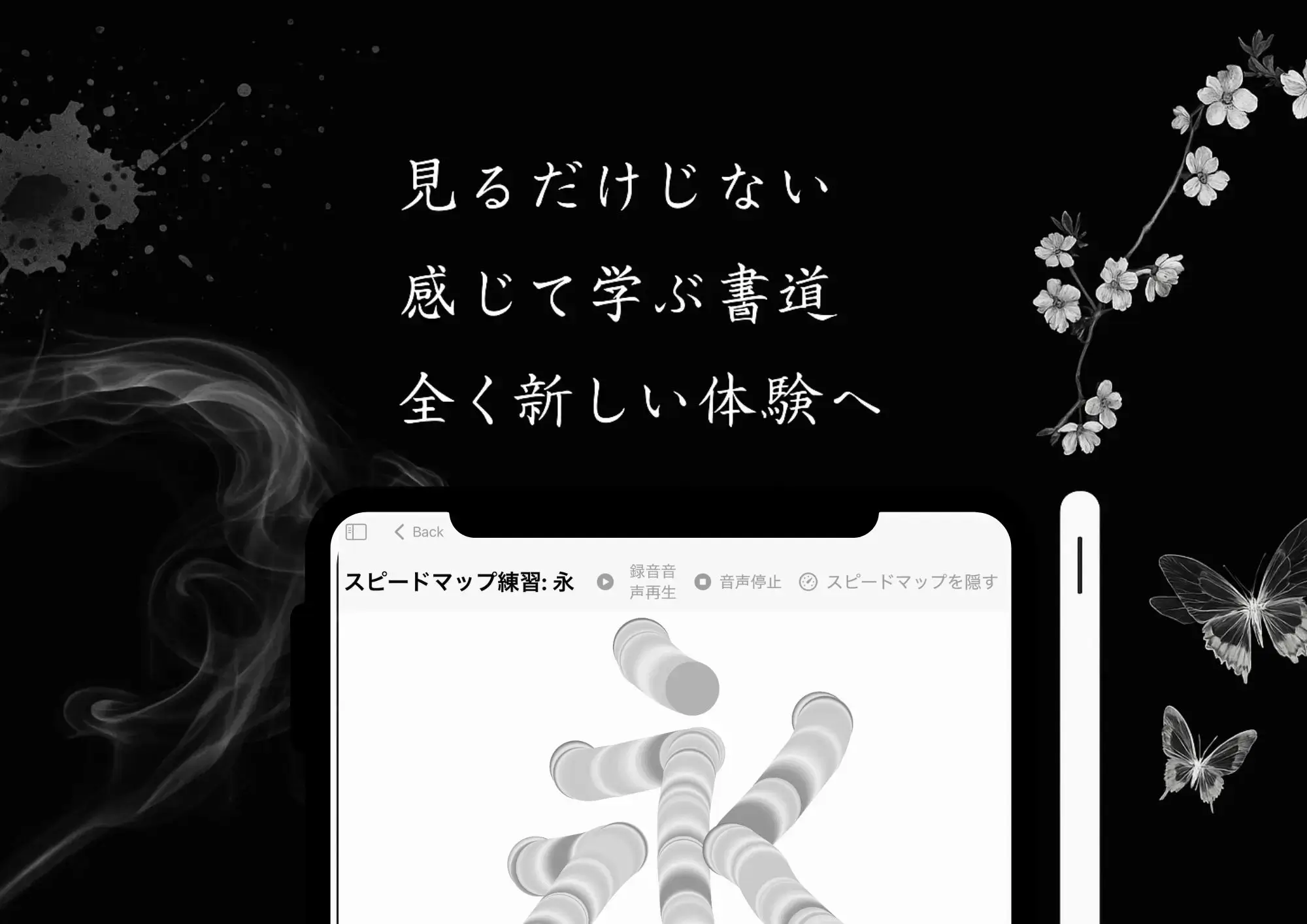
Abstract
You can master proper brush strokes while your brush produces sound. Shifting from traditional calligraphy learned by sight to calligraphy experienced through sound and sensation. Variations in brush pressure create beautiful changes in tone, while brush speed is vividly visualized as a heat map. In a 3D space, brush movements are reproduced three-dimensionally, allowing observation from any angle. Highly recommended for those who find calligraphy challenging. Experience the authentic feel of a brush with Apple Pencil through this innovative calligraphy application.
View detailsChatty Task Board – A Device to Prevent Forgetfulness and Support Children’s Self-Management Through Analog-like operation
by Koichi Kubo (Mentor: Rina Kotake)
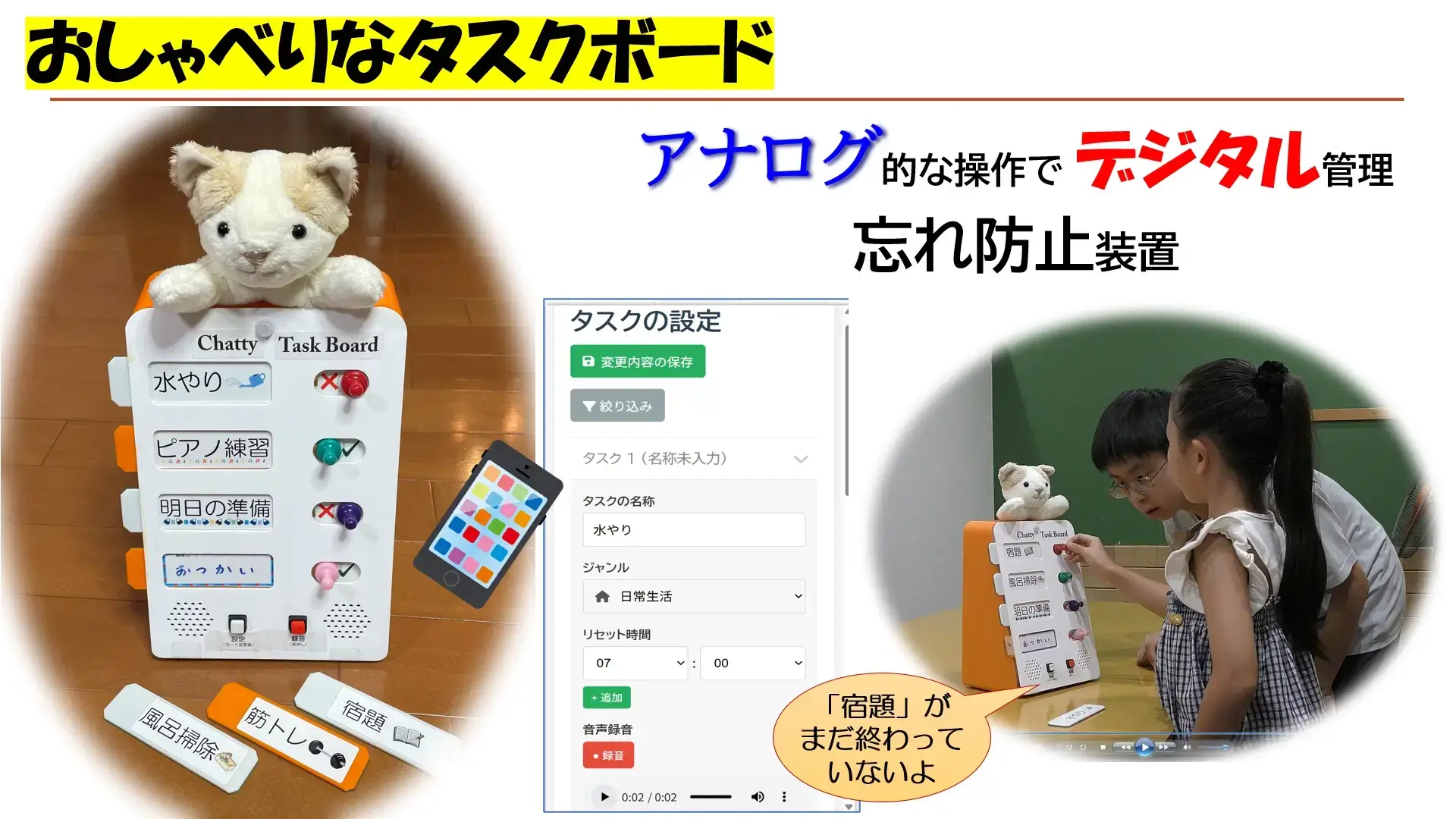
Abstract
Even if you try to manage your daily to-do list on a whiteboard or similar device, some people end up forgetting to use it. While smartphone reminder apps can be effective, there are individuals—such as children and older adults—who do not use smartphones for various reasons. In addition, many find task management unenjoyable and difficult to sustain. To address these issues, we developed a device that helps prevent forgetfulness by enabling digital task management through analog interactions, allowing children to enjoyably develop self-management habits.
View detailsMathmosis - A Tablet Application Equipped with an AI for Supporting Mathematics Learning
by Daichi Minami (Mentor: Maki Komuro)
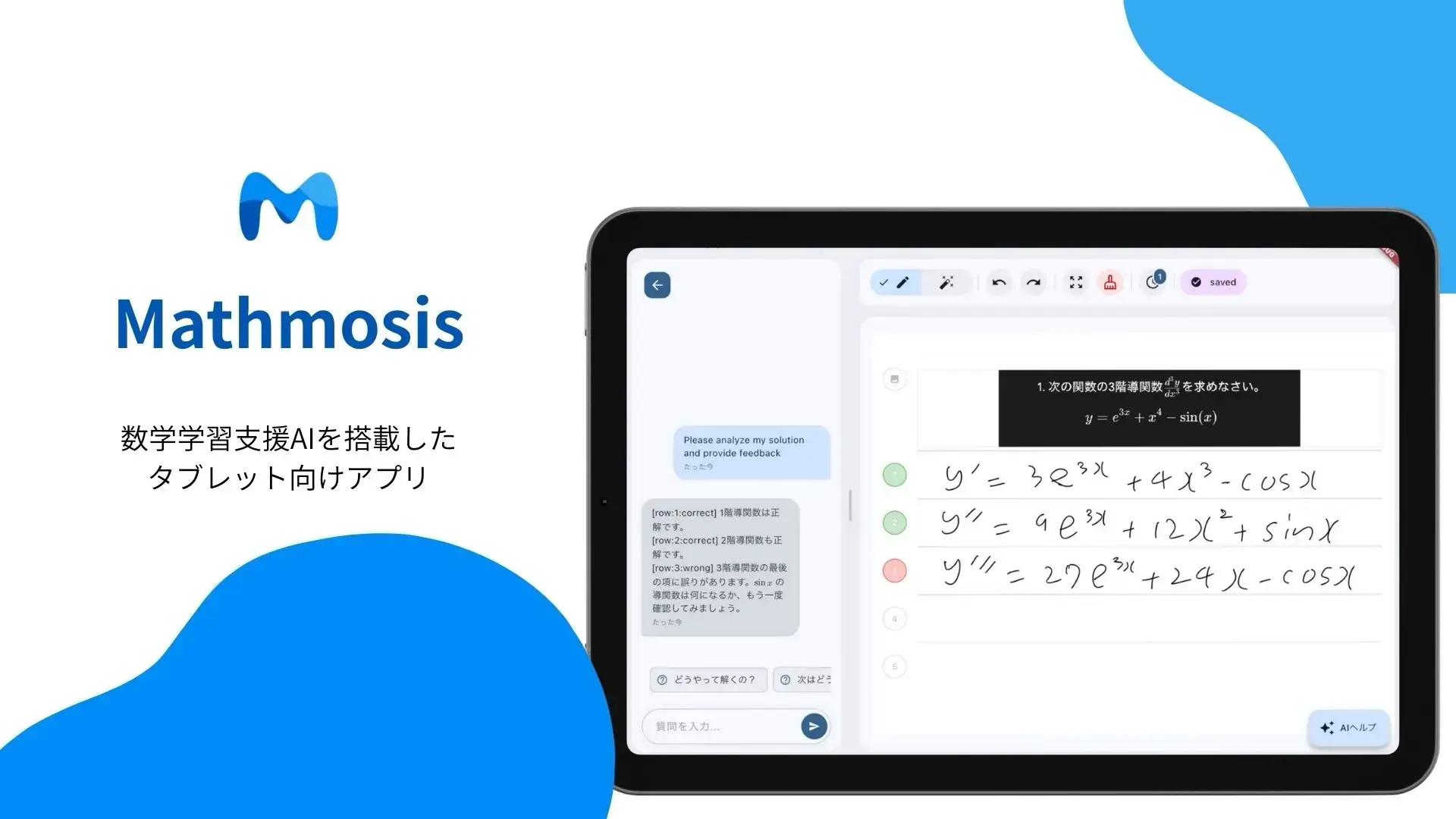
Abstract
By solving problems on a tablet using a stylus, the AI analyzes your thought process in detail. It accurately identifies the root causes of difficulties encountered during problem-solving and provides personalized feedback to support understanding, ensuring solid learning without leaving any vague “I don’t understand” behind. In addition, by uploading your class notes in advance, the AI offers explanations consistent with the methods taught in your lessons.
View detailsPaper CAD - An Integrated 2D/3D CAD System for Easy Design of Architectural Models
by Kodai Miyazaki (Mentor: Shoya Ishimaru)
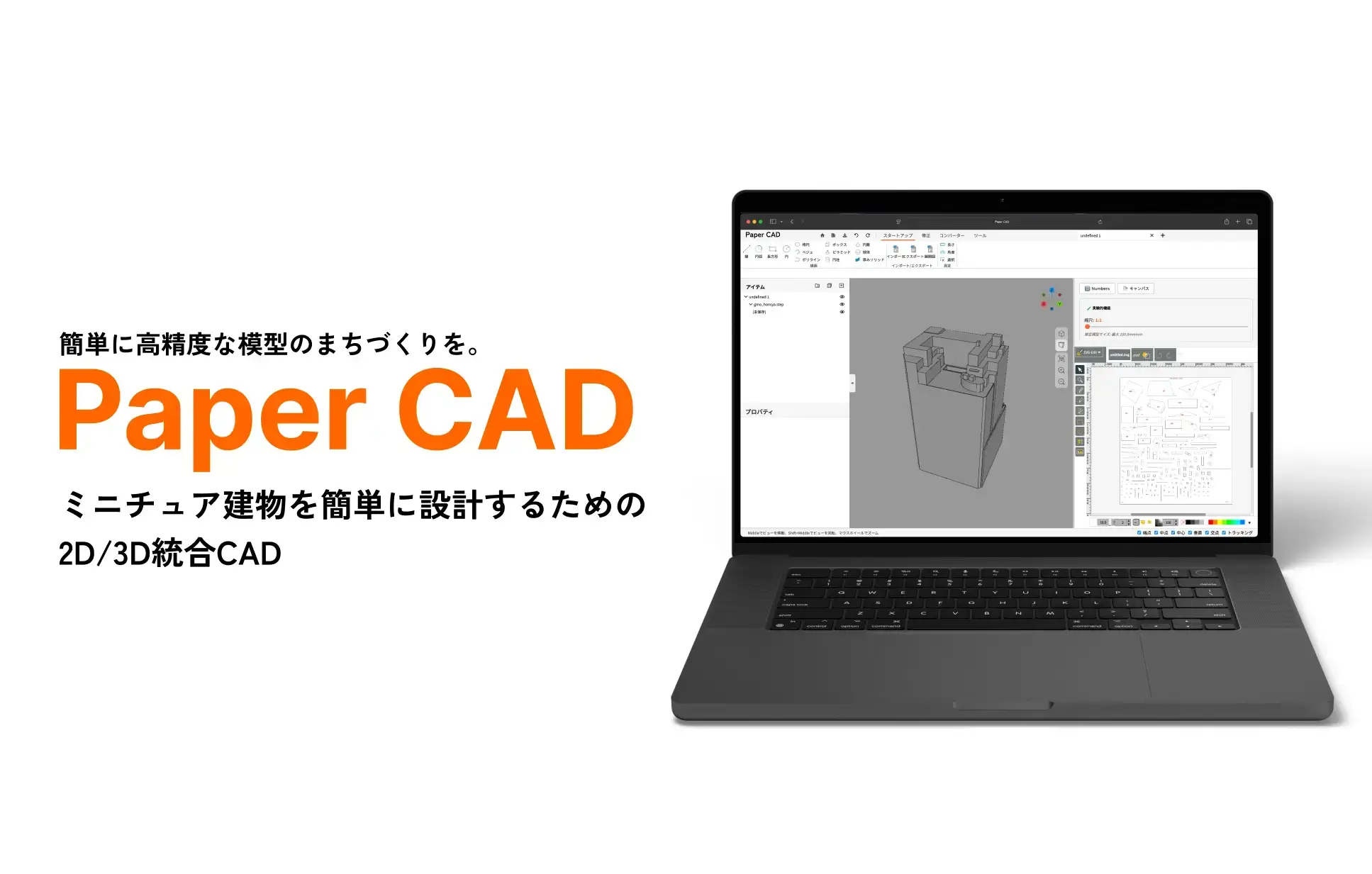
Abstract
A tool for creating architectural models that enables users to create or import 3D building models and automatically convert them into 2D paper layouts (SVG). Traditionally, the “design” process of unfolding three-dimensional structures into flat layouts has been a major burden in model making. Paper CAD allows intuitive and simple design work by automatically generating unfolded drawings from 3D building models. This lowers the barrier to model creation, enabling both beginners and experienced users to produce highly accurate cityscapes in a short time.
View detailsS.M.S. | Solar Concentration Conversion Unit: Indoor Transmission System for Electricity, Heat, and Light
by Masamune Kato (Mentor: Hirokazu Nishio)
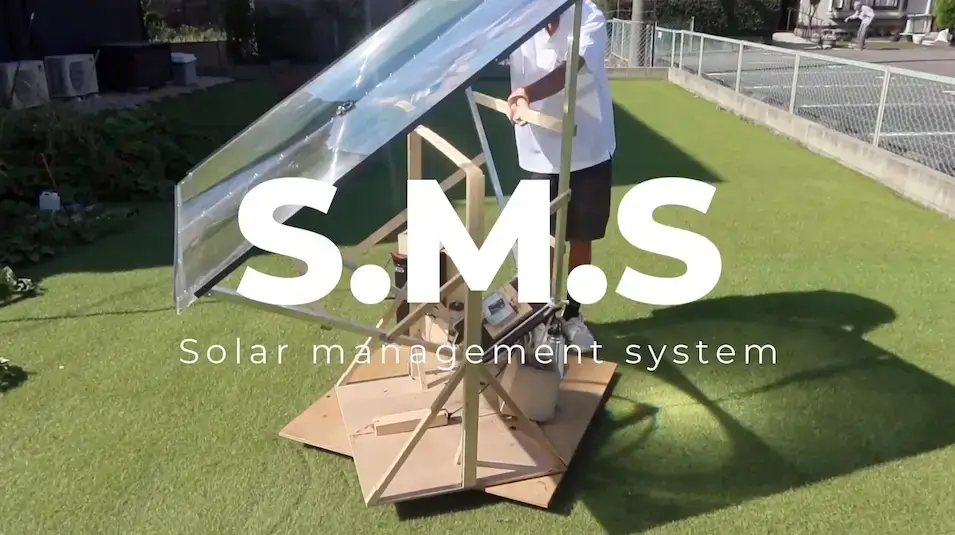
Abstract
S.M.S. is a new energy device that uses sunlight to simultaneously generate electricity, heat, and light, and converts them for direct use in the home. Because the power generation unit contains no dynamic components such as turbines, it operates quietly, is resistant to failure, and has a long lifespan. In addition to electricity, it allows direct use of light and heat, minimizing waste and achieving high efficiency. Even in the event of a power outage or disaster, as long as there is sunlight, it can provide both illumination and power. S.M.S. is a system designed to support a lifestyle that is in harmony with nature and environmentally friendly.
View detailsGen5 - A Flexible Image Editing Editor Integrating Natural Language and GUI
by Itta Funahashi / Shotaro Nakamura / Yuna Matsunaga (Mentor: Ryo Suzuki)
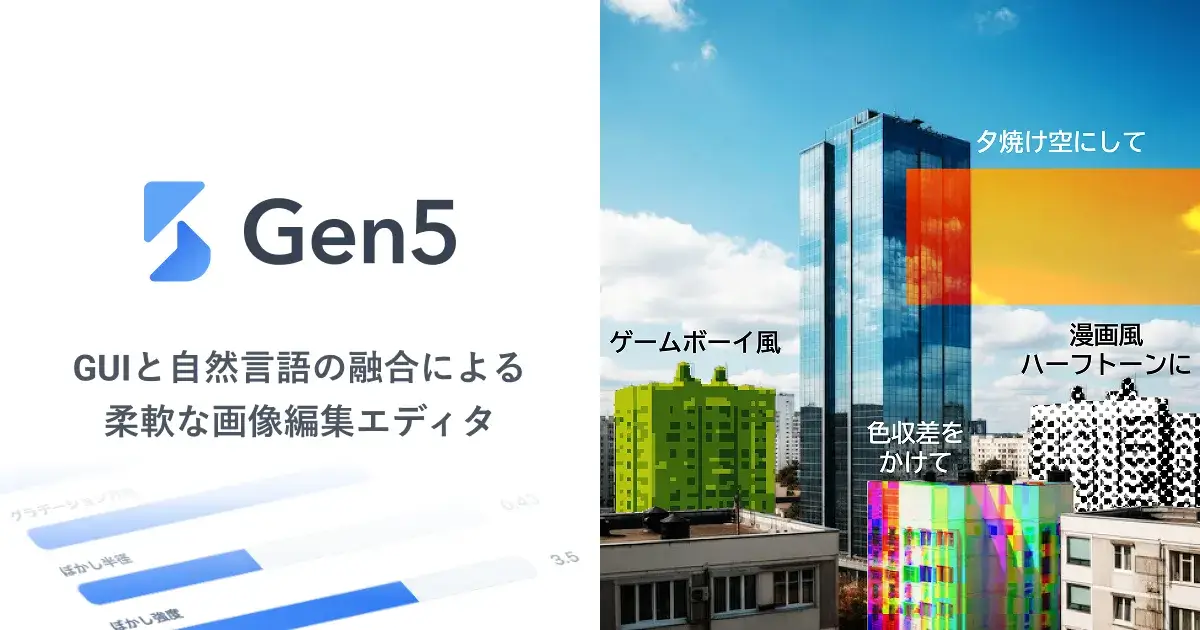
Abstract
Gen5 is an image processing editor featuring an interface that integrates natural language and a graphical user interface. From user prompts for image editing, the AI generates editing effects and the necessary mask images. At the same time, it automatically constructs a parameter UI for tweak the effects. By combining the intuitiveness of natural language with the operability of a GUI, it enables a smooth and efficient image editing workflow.
View detailsDevelopment of a Synchronous Reluctance Motor for Application in Artificial Hearts
by Seorus Jang (Mentor: Daiki Teramoto)

Abstract
A 16-year-old high school student is developing a self-built synchronous reluctance motor without excitation sources such as permanent magnets, to be used as a drive unit for an artificial heart. The motor is controlled by three-phase alternating current. By eliminating the use of rare-earth magnets, the design aims to achieve higher safety, robustness, and lower cost. This motor will serve as the drive mechanism for the blood pump of an artificial heart. As the first attempt to use such a motor in this application, it has the potential to make artificial hearts—traditionally expensive devices—available at lower cost over the long term, reducing patients’ financial burden and contributing to a future where they can live with greater peace of mind.
View detailsaikyo - A backend framework for creating interconnected AI characters
by Soma Noda / Haruma Yasuda (Mentor: Yoshifumi Seki)
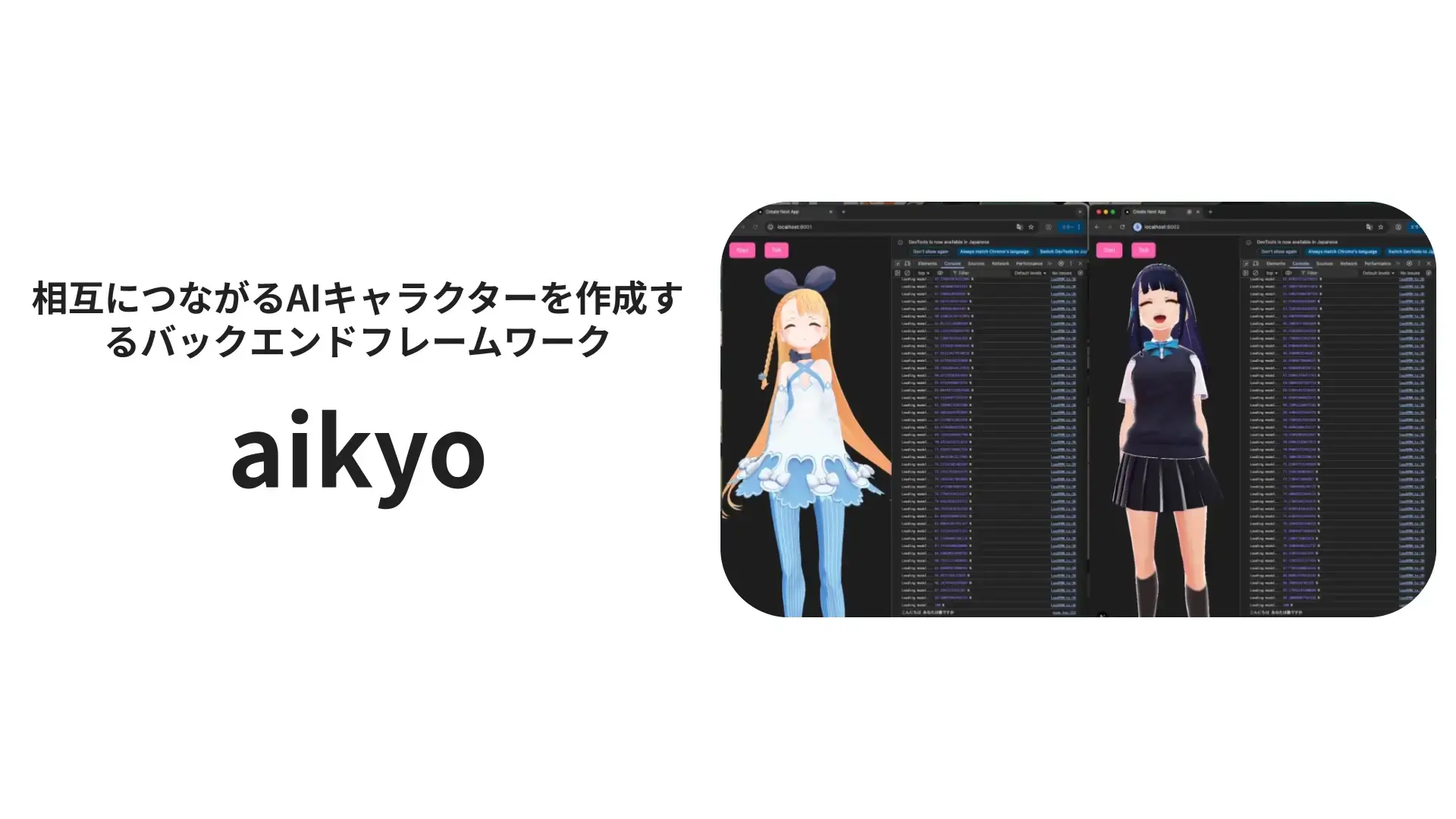
Abstract
aikyo is a backend framework for creating interconnected AI characters. It enables the easy construction of networks where independent characters can connect with each other and engage in natural conversational exchanges. In addition, systems called Action and Knowledge allow for autonomous character control using large language models (LLMs).
View detailsNextRouter - Development of a Router That Achieves High-Speed Communication by Utilizing Multiple Best-Effort Optical Lines
by Shohei Nagashima (Mentor: Kakeru Ishii)
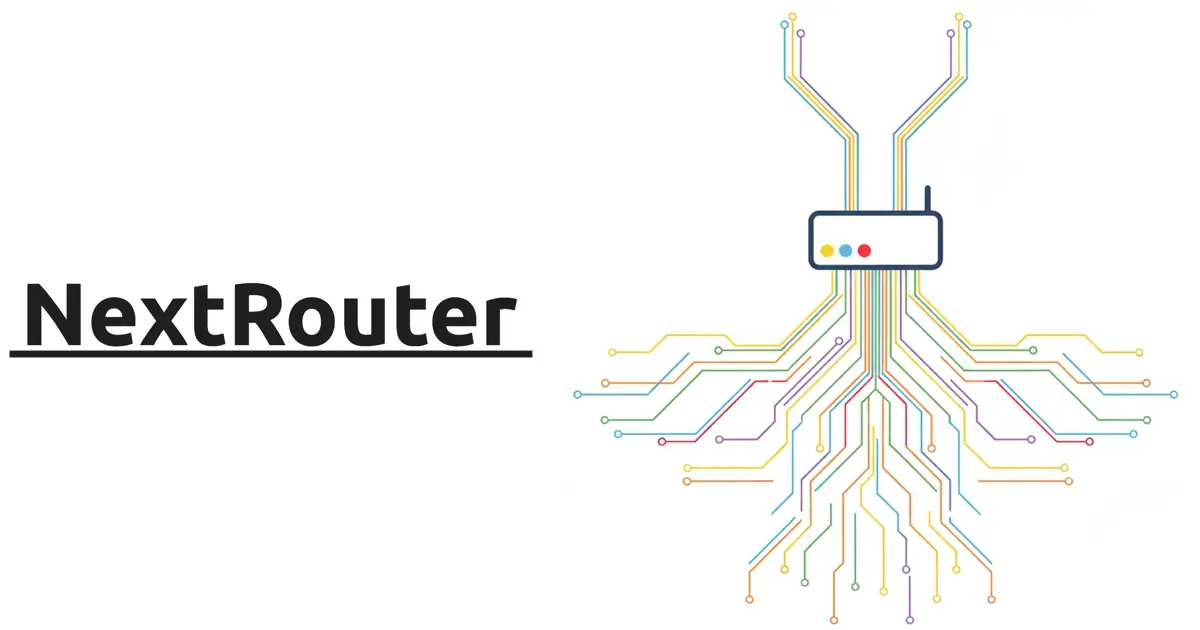
Abstract
Developed a next-generation router that accelerates large-scale networks by aggregating multiple optical lines. Unlike most existing routers, which only provide redundancy control for multiple lines, this router assigns optimal lines and manages traffic on a per-user IP address basis. By efficiently utilizing multiple lines, it aims to improve overall network communication quality even in environments where only non-guaranteed bandwidth connections are available.
View detailsTalkBoost - An application that promotes spontaneous speech and supports active communication for people who stutter
by Mitsuki Goto (Mentor: Yu Ukai)
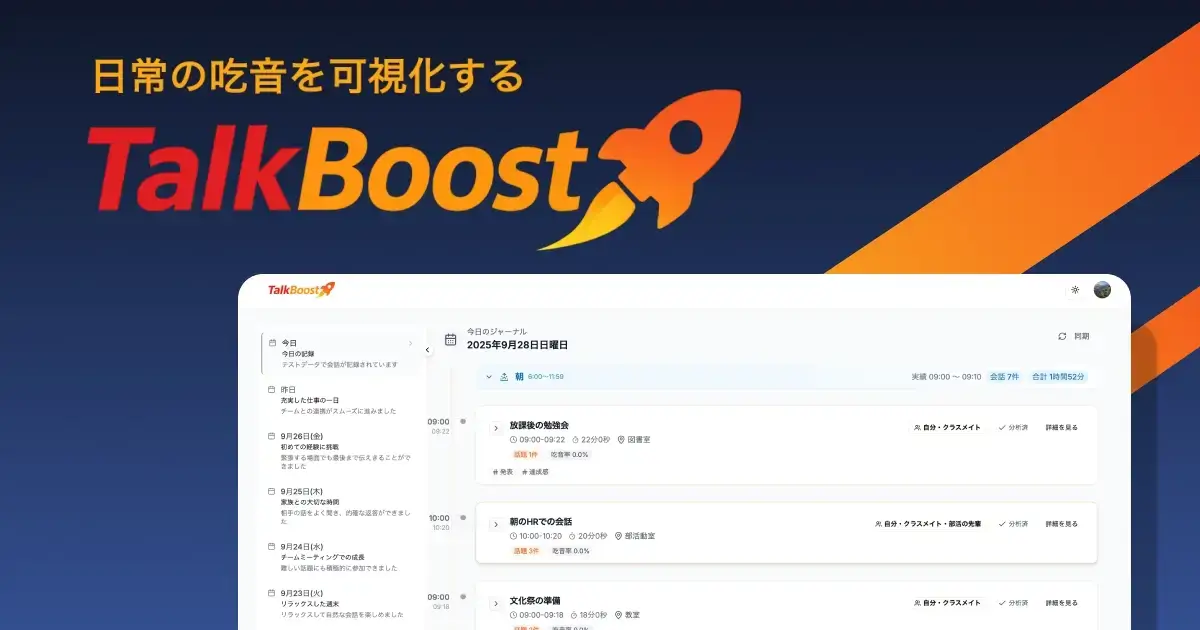
Abstract
TalkBoost is an application designed to support people who stutter in valuing their desire to speak. A pendant-shaped device collects everyday speech, and AI automatically detects stuttering. It visualizes characteristics that are difficult to notice on one’s own, helping users understand their speech patterns and challenging situations. By accumulating small challenges, it fosters the courage to speak and promotes positive communication and personal growth.
View detailsKIGO - A Device to Bridge the Psychological Gap Between Deaf and Hearing People -
by Momoko Yamashita (Mentor: Yuya Okada)
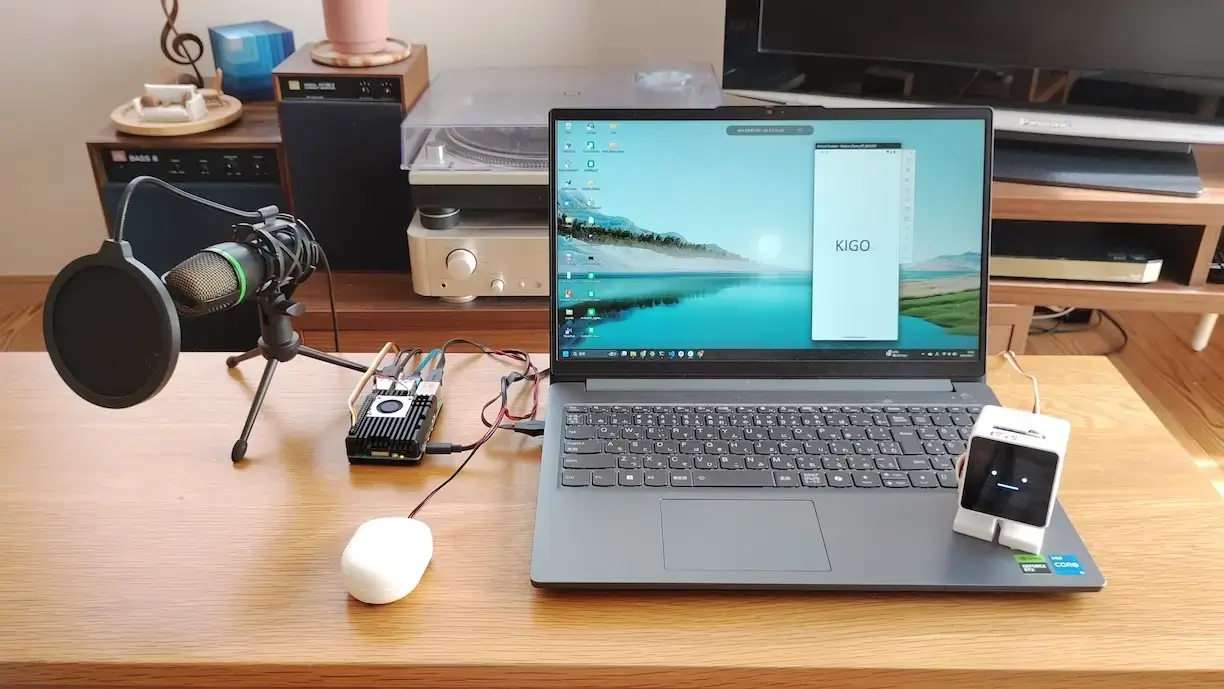
Abstract
This device is designed for deaf individuals and is placed in a living space to constantly monitor sounds, sending notifications to a smartphone app when specific sounds are detected. However, KIGO is not merely an assistive device for daily life; it focuses on detecting and notifying only sounds associated with seasonal words (kigo) found in haiku, which convey a sense of season, emotion, and atmosphere. By doing so, it aims to help both deaf and hearing people become aware of the seasonal nuances and ambiance present in everyday life, fostering a deeper mutual understanding and bridging the psychological gap between them.
View detailsCian - A journal app for reflecting on today, discovering tomorrow, and contemplating the future
by Yuto Tokunaga (Mentor: Yuya Okada)
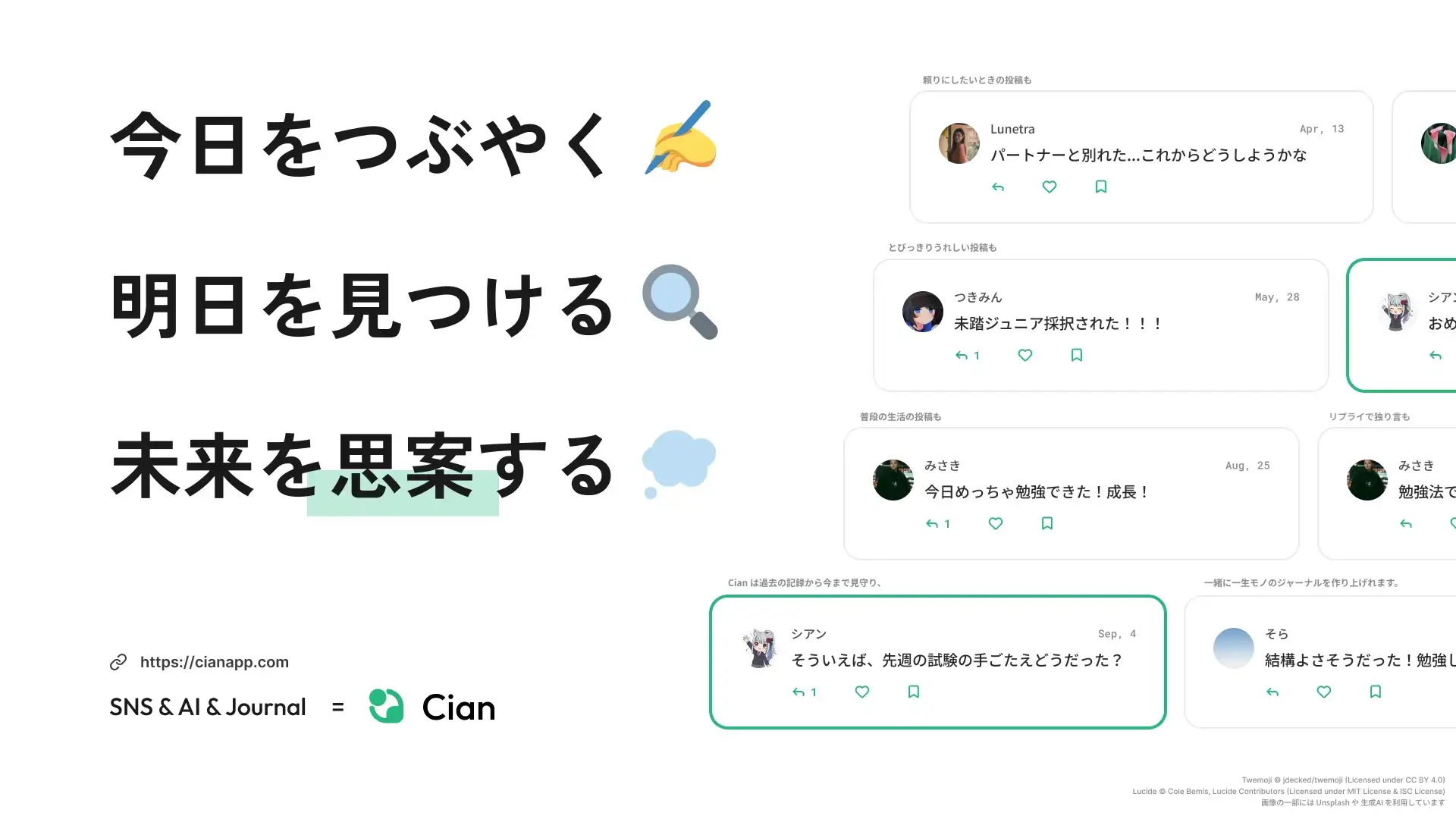
Abstract
Cian is a new journaling application that combines short-form, social media–style entries with AI dialogue to support reflective thinking. The LLM automatically summarizes what you write and visualizes frequently used words and emotional trends. Through reflective conversations, it helps you deepen your thoughts and suggests your next steps. Whether for everyday notes or as a companion on difficult days, Cian is always there to support your reflections.
View detailsNeureka! - A Learning Support Service through Educational Material Generation and AI Learning Partner
by Naoki Ohira (Mentor: Maki Komuro)
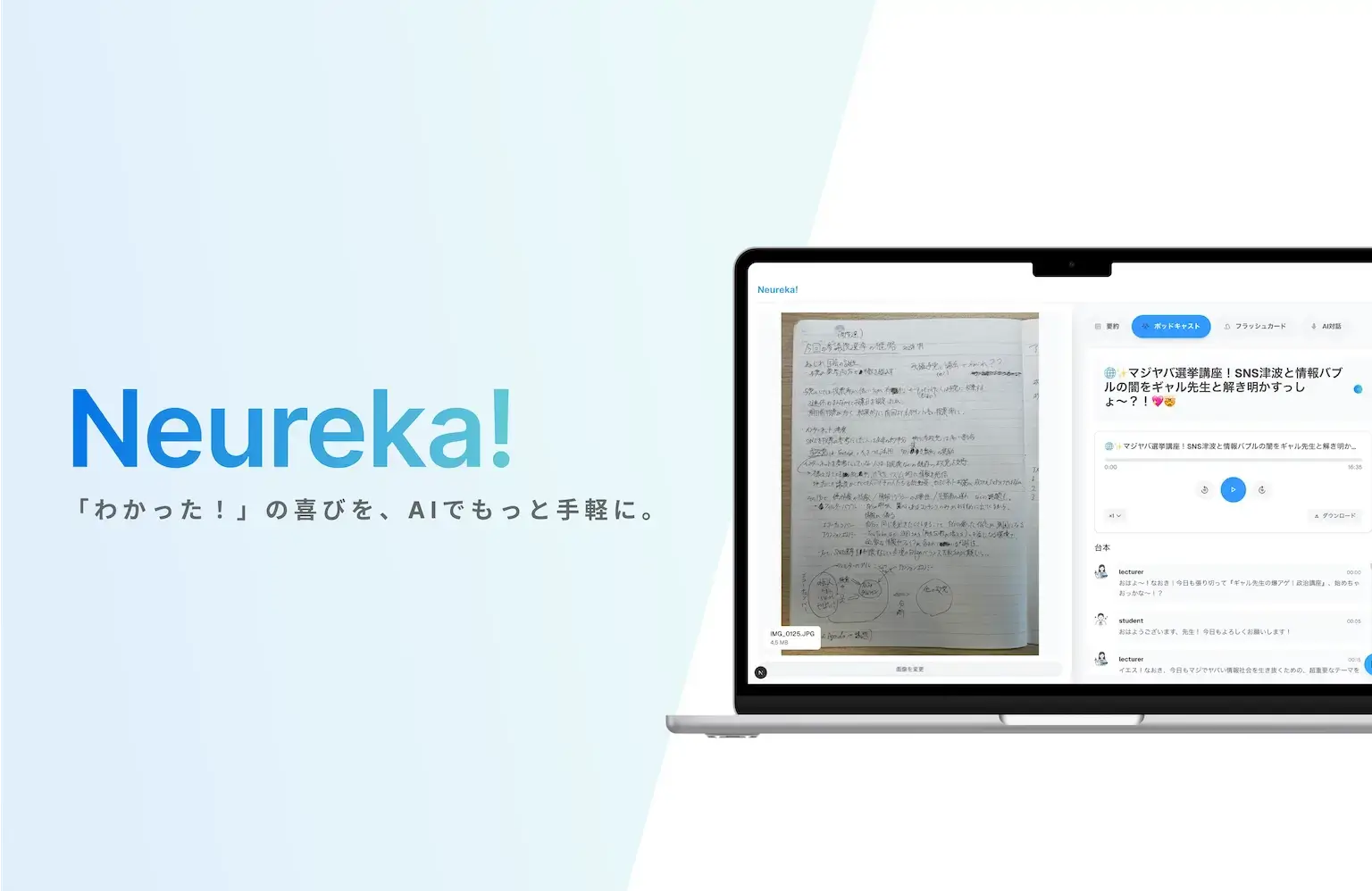
Abstract
While “understanding,” the foundation of all learning, is essential, it can sometimes require significant time and effort. Neureka! supports deeper and more efficient understanding by allowing users to upload photos of notebooks or textbooks to automatically generate learning materials such as podcasts and flashcards, and to engage in interactive study through chat and real-time AI conversation features.
View detailsProgram Agenda
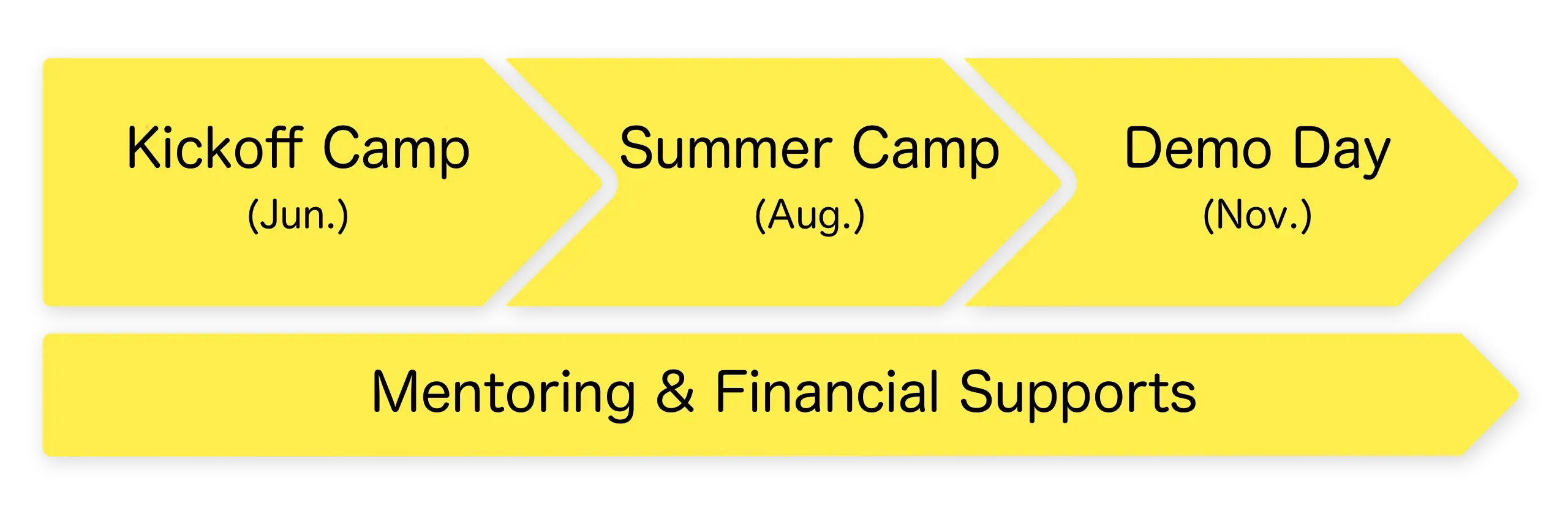
- Target: Individuals and groups (up to 4 members) who are 17 years old or younger as of April 1st.
- Due Date: The application form typically opens on March 10th and closes in early April.
- Duration: About 6 months support from June to November, including Demo Day at the end.
- Fee: Free
- Transportation and accommodation costs for events such as the kickoff camp and demo day will also be covered.
Supervisor
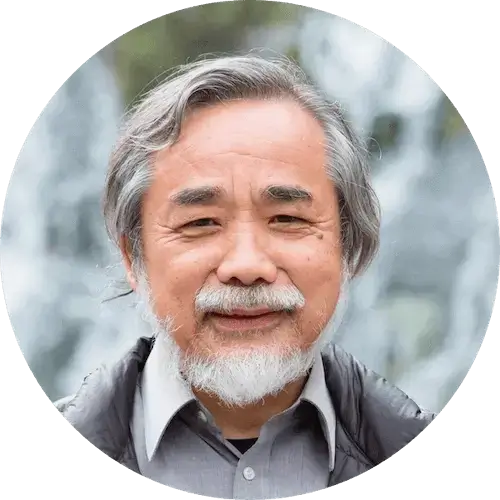
Ikuo Takeuchi
Professor Emeritus at The University of Tokyo, Director of MITOU Programs, and Director of MITOU Foundation
Biography
He was born in Toyama in 1946. After he joined NTT Research in 1971, he worked on Lisp and the development of its processing system. Inventor of the TAK Function. After he left the company, he was a professor at The University of Electro-Communications, The University of Tokyo, and Waseda University.
Message
Since the launch of the MITOU Programs in 2000, we have increasingly focused on younger creators. Information Technology (IT) is not just for adults; I believe it's essential to discover and nurture an understanding of IT from a very young age. The MITOU Junior program is designed to facilitate it by providing an environment where young people can do more than just 'learn.' They can develop and enhance their skills, growing into talented IT professionals. This program is an opportunity for them to spread their wings and realize their full potential.
Watch message on YouTube (in Japanese)Organizer

The MITOU Foundation focuses on fostering IT innovation by building a network of creative talents, particularly those who have completed the MITOU Program. This organization was established in 2014 to address the growing need for innovative talents capable of transforming various industries and societal structures in the 21st century. It is a non-profit general incorporated association, a legal entity in Japanese law.
Sponsors & Supporters
MITOU Junior program has 10+ financial and in-kind sponsors. Also we have 10+ supporters, including MEXT (Ministry of Education, Culture, Sports, Science and Technology) and METI (Ministry of Economy, Trade and Industry).



